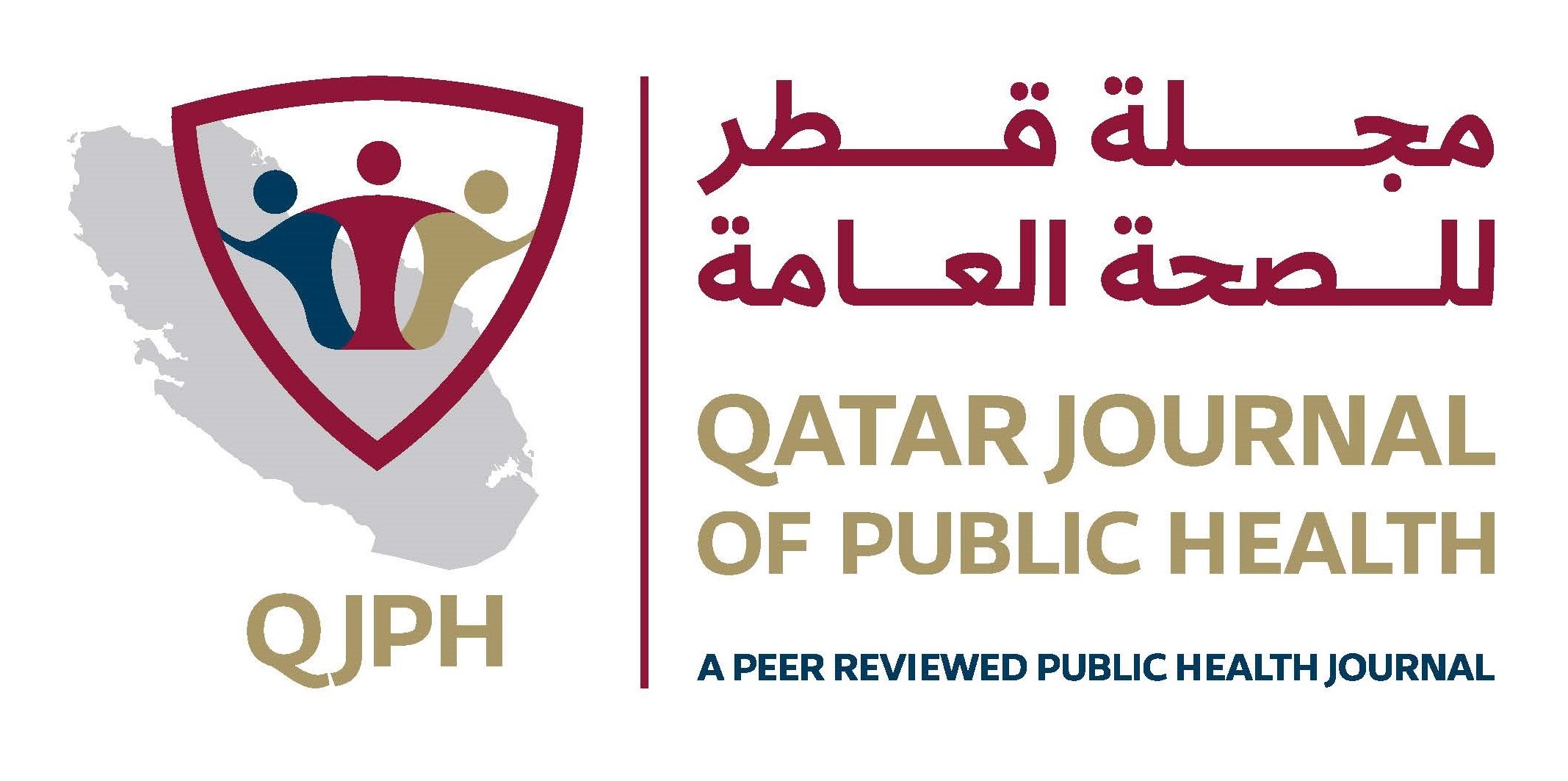-
oa COVID19-Plastic Waste Management Towards Sustainable Circular Economy: Focus on Qatar & Kingdom of Saudi Arabia
- Source: Qatar Journal of Public Health, Volume 2023, Issue 1, نوفمبر ٢٠٢٣, 5
-
- ٠٥ يونيو ٢٠٢٣
- ١٨ يونيو ٢٠٢٣
- ٠٦ يوليو ٢٠٢٣
- السابق المقالة
- جدول المحتويات
- التالي المقالة
ملخص
This research addresses the issue of plastic waste accumulation, particularly in developing nations like Qatar and Saudi Arabia, in the aftermath of the COVID-19 pandemic. The study aims to analyze the negative impact of mismanaged plastic waste, explicitly focusing on face mask litter and marine microplastic pollution. This research reveals that 82% of plastic waste generated by the coastal population in the Middle East enters the Persian Gulf, wherein Saudi Arabia is a significant contributor to face mask litter with the highest marine microplastic content of 32.69–235.36 thousand tons. In comparison, Qatar exhibits a 71.4% abundance of plastic in marine litter. Plastics account for 13-14% and 5-17% of the total solid waste generated in Qatar and Saudi Arabia, respectively. Daily generation of 1.4 kg/person of solid waste makes Qatar one of the top solid waste-generating countries globally. Among various polymers, polypropylene contributes the most to post-pandemic plastic waste. The study finds that 494 tons of COVID-19 test plastic residues end up in landfills globally. However, Saudi Arabia demonstrates effective landfill management practices and the lowest per capita mismanaged plastic waste rate, less than 0.01 kg daily. In contrast, Qatar has more than 50% of the waste sent to landfills. Both countries have recycling rates below 15%. The study emphasizes the urgent need for sustainable solutions, advocating for a circular economy approach, including recycling initiatives, renewable energy-powered recycling plants, and waste-to-energy conversion technologies. The research aims to bridge the knowledge gap, inform policymakers, and contribute to sustainable plastic waste management practices. It also lays the groundwork for future research, transboundary interventions, and the improvement of Sustainable Development Goals in Qatar and Saudi Arabia.


